Home>Articles>How To Remove Hard Water Stains From Quartz Countertops
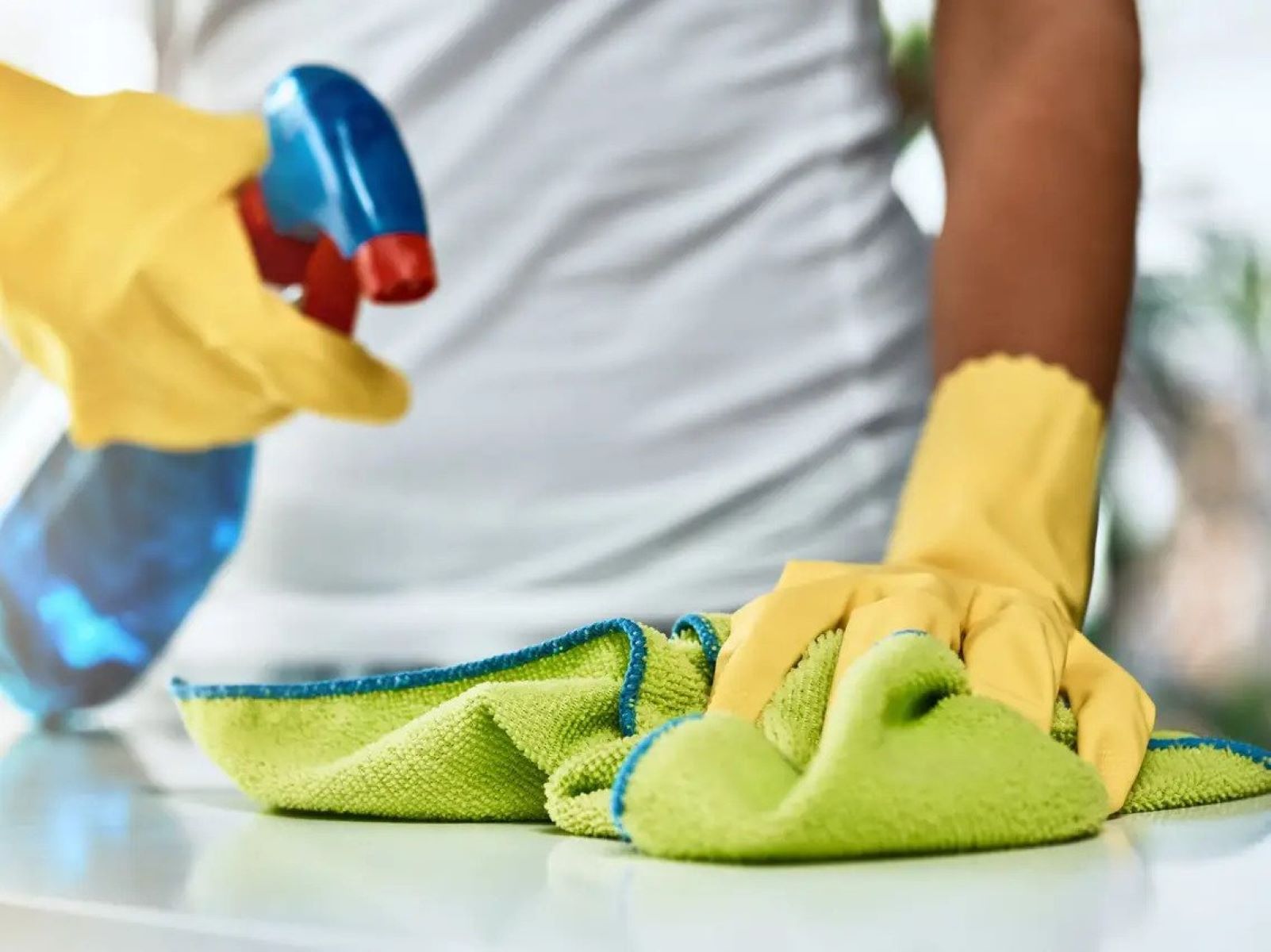

Articles
How To Remove Hard Water Stains From Quartz Countertops
Modified: January 20, 2024
Discover effective methods and techniques to remove stubborn hard water stains from quartz countertops in this informative articles. Turn your countertops gleaming and spotless with our expert tips.
(Many of the links in this article redirect to a specific reviewed product. Your purchase of these products through affiliate links helps to generate commission for Storables.com, at no extra cost. Learn more)
Introduction
Welcome to our guide on how to remove hard water stains from quartz countertops. Quartz is a popular material for countertops due to its durability and aesthetic appeal. However, like any other surface, quartz is susceptible to hard water stains that can mar its beauty. Hard water stains are caused by the buildup of minerals in the water, such as calcium, magnesium, and lime. These minerals can leave behind unsightly marks and stains on your quartz countertops.
In this article, we will explore different methods to effectively remove hard water stains from quartz countertops. We will also discuss precautions to take before attempting any cleaning methods, as well as tips for preventing future stains. By following the steps outlined in this guide, you can restore the natural beauty of your quartz countertops and keep them looking pristine for years to come.
Key Takeaways:
- Understanding the causes and susceptibility of quartz countertops to hard water stains is crucial. Employing gentle cleaning methods, such as vinegar, baking soda, and lemon juice, can effectively remove stains without damaging the quartz surface.
- Preventing hard water stains on quartz countertops through prompt cleaning, using coasters, and choosing the right cleaning products is essential. Regular maintenance and following manufacturer’s guidelines can help maintain the pristine appearance of quartz surfaces.
Understanding Hard Water Stains
To effectively remove hard water stains from quartz countertops, it’s important to understand what they are and how they form. Hard water stains are the result of minerals in the water, such as calcium and magnesium, that are left behind as the water evaporates. These minerals can build up over time and create a stubborn residue on the surface of your quartz countertops.
Hard water stains can appear as white or cloudy spots on the surface of the countertop, making it appear dull and unattractive. These stains are particularly common in areas with hard water, which contains higher levels of mineral content.
Aside from their visual impact, hard water stains can also affect the performance and lifespan of your quartz countertops. The minerals can seep into the porous surface of the quartz and cause discoloration or even damage over time. Therefore, it is important to address hard water stains as soon as they are noticed to prevent further deterioration of the countertop’s appearance and quality.
Why Quartz Countertops are Susceptible to Hard Water Stains
Quartz countertops, despite their durability and resistance to many types of stains, are still susceptible to hard water stains. There are a few reasons why quartz countertops are more prone to these types of stains:
- Porous Surface: While quartz countertops are engineered to be highly resistant to stains, they are not completely impervious. Quartz contains around 90% ground quartz mixed with resins and pigments to create a solid surface. However, some microscopic pores may still exist on the surface, allowing minerals in hard water to penetrate and stain the material.
- Mineral Content: Hard water contains minerals like calcium and magnesium that can react with the surface of the quartz. When the water evaporates, the minerals are left behind, forming hard water stains on the countertop surface.
- Surface Coating: Some quartz countertops have a protective coating or sealant applied to enhance their durability and stain resistance. However, over time, this coating can wear off or become damaged, leaving the quartz more vulnerable to hard water stains.
It’s important to note that while quartz countertops are more susceptible to hard water stains compared to other materials like granite or stainless steel, they are still relatively easy to clean and maintain. By following the proper cleaning methods and precautions, you can effectively remove hard water stains and keep your quartz countertops looking their best.
Precautions to Take Before Removing Hard Water Stains
Before you start removing hard water stains from your quartz countertops, there are a few precautions to keep in mind. Taking these precautions will help ensure that you do not cause any damage to the quartz surface during the cleaning process:
- Read the Manufacturer’s Instructions: Check the manufacturer’s guidelines or instructions for your specific quartz countertop. Different brands and types of quartz may have specific cleaning recommendations, and it’s important to follow them to avoid any potential damage.
- Test Cleaning Solutions: Before applying any cleaning solution to the entire countertop, test it in a small inconspicuous area. Some cleaning agents may be too harsh or abrasive for quartz and may cause discoloration or etching. By testing in a small area, you can ensure that the solution is safe to use on your quartz countertops.
- Use Gentle Cleaning Tools: Avoid using abrasive scrub brushes, steel wool, or harsh cleaning pads on your quartz countertops. These can scratch and damage the surface. Instead, opt for soft cloths, non-abrasive sponges, or microfiber cleaning pads.
- Protect Surrounding Areas: If you’re using any acidic cleaning solutions, such as vinegar or lemon juice, make sure to protect adjacent surfaces, including cabinets, appliances, and flooring. These solutions can cause damage or discoloration to certain materials.
- Avoid Excessive Heat: Quartz countertops are heat-resistant, but extreme heat can potentially cause discoloration or damage. Avoid placing hot pans or pots directly on the countertop surface. Always use trivets or heat-resistant mats to protect the quartz from heat.
By taking these precautions, you can minimize the risk of damaging your quartz countertops and ensure a safe and effective cleaning process for removing hard water stains.
Methods to Remove Hard Water Stains from Quartz Countertops
When it comes to removing hard water stains from quartz countertops, there are several effective methods you can try. The method you choose may depend on the severity of the stains and the materials you have on hand. Let’s explore some of the most common methods:
Method 1: Using a Vinegar Solution
Vinegar is a natural and effective cleaning agent that can help remove hard water stains from quartz countertops. Here’s how to use it:
- Mix equal parts of white vinegar and water in a spray bottle.
- Spray the solution directly onto the stained areas.
- Let it sit for a few minutes to penetrate the stains.
- Gently scrub the area using a non-abrasive sponge or cloth.
- Rinse thoroughly with clean water.
Method 2: Using Baking Soda and Water
Baking soda is another natural cleaning agent that can help remove tough hard water stains. Here’s how to use it:
- Make a paste by mixing baking soda with water until it forms a thick consistency.
- Apply the paste to the stained areas.
- Using a soft cloth or sponge, gently scrub the stains in circular motions.
- Rinse thoroughly with clean water.
Method 3: Using Lemon Juice
Lemon juice contains natural acids that can help dissolve hard water stains. Here’s how to use it:
- Squeeze fresh lemon juice onto the stained areas.
- Let it sit for a few minutes to allow the acids to work.
- Gently scrub the stains using a soft cloth or sponge.
- Rinse thoroughly with clean water.
Method 4: Using Commercial Quartz Cleaner
If the above methods don’t yield satisfactory results, you can try using a commercial quartz cleaner specifically designed for removing hard water stains. Follow the instructions provided by the manufacturer for safe and effective use.
Remember to always test any cleaning solution or method in a small inconspicuous area of the countertop first to ensure it doesn’t cause any damage. Additionally, always rinse the countertop thoroughly with clean water after using any cleaning solution to remove any residue.
By using these methods, you can effectively tackle hard water stains and restore the natural beauty of your quartz countertops.
Read more: How To Remove Hard Water Stains From Glass
Method 1: Using a Vinegar Solution
Vinegar is a powerful and natural cleaning agent that can effectively remove hard water stains from quartz countertops. Here’s how you can use a vinegar solution to tackle those stubborn stains:
- Mix equal parts of white vinegar and water in a spray bottle. The acidic properties of vinegar help break down the mineral deposits in hard water stains.
- Spray the vinegar solution directly onto the stained areas of your quartz countertop. Ensure that the stains are well-saturated with the solution.
- Allow the vinegar solution to sit on the stains for a few minutes. This will give the vinegar time to penetrate the mineral buildup and loosen it from the surface of the quartz.
- Gently scrub the stained areas using a non-abrasive sponge or cloth. Make sure to use gentle circular motions to avoid scratching the quartz surface.
- Rinse the countertop thoroughly with clean water to remove any residue left by the vinegar solution. It’s essential to remove all traces of vinegar to prevent any potential damage to the quartz.
After completing these steps, inspect the countertop to assess the effectiveness of the vinegar solution. For more stubborn stains, you may need to repeat the process or consider trying a different method.
Note: While vinegar is generally safe to use on quartz countertops, it is an acidic solution. Therefore, it’s important to test the vinegar solution on a small, inconspicuous area of the countertop first to ensure it doesn’t cause any adverse reactions or discoloration. If you notice any negative effects, discontinue its use and try an alternative cleaning method.
Using a vinegar solution is an affordable and eco-friendly way to remove hard water stains from quartz countertops. It’s a popular choice among homeowners due to its accessibility and effectiveness. Remember to always follow the manufacturer’s instructions and take necessary precautions to protect the surrounding areas during the cleaning process.
Now that you’re familiar with using a vinegar solution to remove hard water stains, let’s explore other methods you can employ to restore the pristine appearance of your quartz countertops.
Use a mixture of water and vinegar or a non-abrasive cleaner to remove hard water stains from quartz countertops. Gently scrub the affected area and rinse thoroughly. Avoid using harsh chemicals or abrasive sponges to prevent damage to the surface.
Method 2: Using Baking Soda and Water
If you prefer a gentler yet effective approach to remove hard water stains from quartz countertops, using a mixture of baking soda and water is a great option. Baking soda is a mild abrasive that can help scrub away stains without causing damage to the quartz surface. Here’s how you can use this method:
- Create a paste by mixing baking soda with water. Aim for a thick consistency that is easy to spread onto the stained areas of your quartz countertop.
- Apply the baking soda paste directly onto the hard water stains, ensuring that they are completely covered by the mixture.
- Gently scrub the stains using a soft cloth, non-abrasive sponge, or a toothbrush. Use circular motions to work the baking soda into the stains and lift them away from the quartz surface.
- Rinse the countertop with clean water to remove the baking soda residue. Ensure that all traces of the paste are thoroughly rinsed away.
After completing these steps, inspect the countertop to evaluate the effectiveness of the baking soda method. If necessary, you can repeat the process or try another cleaning method for more stubborn stains.
Note: Baking soda is generally safe to use on quartz countertops as its mild abrasive properties do not scratch the surface. However, it’s still important to test the baking soda paste on a small, inconspicuous area first to ensure that it does not cause any adverse reactions or damage to the quartz. If you notice any negative effects, discontinue its use and try an alternative cleaning method.
The baking soda and water method is environmentally friendly and readily available in most households. It offers a gentle yet effective approach to removing hard water stains from quartz countertops. Remember to always follow the manufacturer’s instructions and take necessary precautions to protect the surrounding areas during the cleaning process.
Now that you’re familiar with using baking soda and water to remove hard water stains, let’s explore other methods you can utilize to restore the pristine appearance of your quartz countertops.
Method 3: Using Lemon Juice
If you prefer a natural and citrusy approach to remove hard water stains from quartz countertops, using lemon juice can be an effective and refreshing method. The natural acids in lemon juice help break down mineral deposits and dissolve hard water stains. Here’s how you can use this method:
- Squeeze fresh lemon juice directly onto the hard water stains on your quartz countertop. Ensure that the stains are well-covered with the lemon juice.
- Allow the lemon juice to sit on the stains for a few minutes. The acidic properties of the lemon will work on breaking down the minerals and loosening the stains.
- Gently scrub the stained areas using a soft cloth, non-abrasive sponge, or a toothbrush. Use circular motions to effectively lift the stains from the quartz surface.
- Rinse the countertop thoroughly with clean water to remove any remnants of the lemon juice and to reveal the revitalized quartz surface.
After completing these steps, assess the effectiveness of the lemon juice method on your hard water stains. For tougher stains, you may need to repeat the process or try an alternative cleaning method.
Note: While lemon juice is generally safe to use on quartz countertops, it’s still essential to conduct a patch test in a small, inconspicuous area of the countertop first. This ensures that the lemon juice does not cause any adverse reactions or harm to the quartz. If you notice any negative effects, discontinue its use and opt for another cleaning method.
Using lemon juice offers a natural and refreshing solution for removing hard water stains from quartz countertops. It’s an eco-friendly and readily available option that leaves behind a pleasant citrus scent. Remember to always follow the manufacturer’s instructions and take necessary precautions to protect the surrounding areas during the cleaning process.
Now that you’re familiar with using lemon juice to remove hard water stains, let’s explore other methods you can employ to restore the pristine appearance of your quartz countertops.
Method 4: Using Commercial Quartz Cleaner
If you’re dealing with stubborn hard water stains on your quartz countertops and prefer a specialized solution, using a commercial quartz cleaner can provide effective results. These cleaners are specifically formulated to target and remove tough stains without damaging the quartz surface. Here’s how you can use a commercial quartz cleaner to remove hard water stains:
- Read and follow the instructions provided by the manufacturer of the commercial quartz cleaner. Different products may have specific usage guidelines and recommended application methods.
- Ensure that the countertop is clean and free of any debris or loose dirt. This will allow the quartz cleaner to work directly on the hard water stains.
- Apply the commercial quartz cleaner directly onto the stained areas of the countertop. Use a soft cloth or sponge to spread the cleaner evenly and make sure the stains are well-covered.
- Allow the cleaner to sit on the stains for the specified duration mentioned in the instructions. This will allow the cleaning agents in the product to penetrate the stains and dissolve the mineral deposits.
- Gently scrub the stained areas using a non-abrasive sponge or cloth. Follow the manufacturer’s recommendations on the proper scrubbing technique for the specific cleaner you are using.
- Rinse the countertop thoroughly with clean water to remove any residual cleaner and reveal the clean and stain-free quartz surface.
After completing these steps, assess the effectiveness of the commercial quartz cleaner on your hard water stains. If necessary, you can repeat the process or try an alternative cleaning method for more stubborn stains.
Note: Commercial quartz cleaners are specially formulated for use on quartz countertops and typically provide safe and reliable stain removal. However, it’s essential to read and follow the instructions provided by the manufacturer to ensure proper usage and avoid any potential damage to the quartz surface.
Using a commercial quartz cleaner can be a convenient and reliable solution for removing hard water stains from your countertops. These cleaners are specifically designed to target tough stains and restore the natural beauty of quartz surfaces. Remember to always follow the manufacturer’s instructions and take necessary precautions to protect the surrounding areas during the cleaning process.
Now that you’re familiar with using a commercial quartz cleaner, let’s explore tips and best practices for removing hard water stains from quartz countertops.
Tips and Best Practices for Removing Hard Water Stains
When it comes to removing hard water stains from quartz countertops, following these tips and best practices can help ensure a successful and effective cleaning process:
- Act promptly: Address hard water stains as soon as you notice them. The longer the stains sit on the quartz surface, the harder they can be to remove.
- Test in inconspicuous areas: Before using any cleaning solution or method, always test it in a small, inconspicuous area of the countertop. This will help you ensure that it doesn’t cause any adverse reactions or damage the quartz surface.
- Use gentle tools and materials: Avoid using abrasive scrub brushes or cleaning pads that can scratch the quartz surface. Opt for soft cloths, non-abrasive sponges, or microfiber cleaning pads to prevent any potential damage.
- Follow the manufacturer’s instructions: If you’re using a commercial quartz cleaner, read and follow the instructions provided by the manufacturer. Different cleaners may have specific recommendations for usage and application methods.
- Rinse thoroughly: After using any cleaning solution or method, make sure to rinse the countertop thoroughly with clean water to remove any residue. This will help prevent any potential damage or discoloration.
- Prevent scratching or etching: Avoid placing sharp or abrasive objects directly on the quartz countertop, as they can scratch or etch the surface. Use cutting boards or mats to protect the quartz from potential damage.
- Regular maintenance: Implement a regular cleaning routine to prevent the buildup of hard water stains. Wipe down your quartz countertops with a mild soap and water solution or a designated quartz cleaner regularly.
- Keep the quartz surface dry: After cleaning or wiping down your quartz countertop, make sure to dry it thoroughly. Standing water can potentially leave behind mineral deposits, leading to the formation of new hard water stains.
- Invest in a quality water softener: If you live in an area with consistently hard water, consider installing a water softener to reduce the mineral content in your water. This can help prevent the formation of hard water stains on your quartz countertops.
By following these tips and best practices, you can effectively remove hard water stains from your quartz countertops and maintain their pristine appearance for years to come.
Now that you’re armed with valuable insights and techniques, you can confidently tackle hard water stains and enjoy the beauty of your quartz countertops. Remember to exercise caution and proper care to preserve the longevity and aesthetics of your quartz surfaces.
Prevention of Hard Water Stains on Quartz Countertops
Preventing hard water stains on quartz countertops is key to maintaining their beauty and prolonging their lifespan. Here are some preventive measures you can take to minimize the occurrence of hard water stains:
- Wipe up spills promptly: Clean up any spills or splashes on your quartz countertop as soon as they happen. This prevents liquids from drying and leaving behind mineral deposits that can lead to hard water stains.
- Use coasters and placemats: Place coasters underneath glasses and cups, and use placemats or trivets under hot dishes or cookware. This provides a barrier between the quartz surface and potential sources of staining.
- Choose the right cleaning products: Use mild, non-abrasive cleaning solutions specifically designed for quartz surfaces. Avoid harsh chemicals or abrasive cleaners that can damage the quartz and make it more susceptible to staining.
- Regular cleaning routine: Implement a regular cleaning schedule for your quartz countertops. Wipe them down daily with a soft cloth or sponge and a mild soap and water solution to remove any surface dirt or residue.
- Prevent contact with acidic substances: Acidic substances like lemon juice, vinegar, and harsh chemicals can etch the surface of quartz countertops and make them more prone to staining. Avoid using these substances directly on the surface and clean up any spills promptly.
- Consider a water softener: Installing a water softener can help reduce the mineral content in your water, decreasing the likelihood of hard water stains on your quartz countertops.
- Regularly seal the quartz: Some quartz countertops may require periodic sealing to enhance their stain resistance and protect against liquid penetration. Check with the manufacturer’s guidelines to determine if your countertops require sealing and follow their recommendations.
- Be cautious with abrasive materials: Avoid using abrasive scrub brushes or cleaning pads on your quartz countertops, as they can scratch the surface and make it more susceptible to staining. Stick to gentle non-abrasive tools during cleaning.
- Follow manufacturer’s guidelines: Read and follow the care and maintenance instructions provided by the manufacturer of your quartz countertops. They will provide specific recommendations on how to clean, protect, and maintain your countertops to prevent staining.
By following these preventive measures, you can minimize the risk of hard water stains on your quartz countertops and keep them looking pristine for years to come. Regular maintenance and proper care are essential for the longevity and appearance of your beautiful quartz surfaces.
With these valuable prevention tips in mind, you can enjoy your quartz countertops without worrying about unsightly hard water stains. Implement these practices as part of your regular countertop care routine to keep your quartz surfaces sparkling and stain-free.
Now armed with knowledge and effective strategies, you can confidently maintain and protect your quartz countertops for long-lasting beauty and enjoyment.
Conclusion
Removing hard water stains from quartz countertops may seem like a challenging task, but with the right methods and precautions, you can restore the beauty of your countertops and prevent future stains. Whether you choose to use a vinegar solution, baking soda and water, lemon juice, or a commercial quartz cleaner, each method offers its unique advantages in tackling hard water stains on quartz surfaces.
It’s important to remember to take necessary precautions before attempting any cleaning method, such as reading the manufacturer’s instructions and testing solutions in inconspicuous areas. Using gentle tools and materials, following proper scrubbing techniques, and rinsing thoroughly are essential to avoid damaging the quartz surface during the cleaning process.
Prevention is key to maintaining the pristine appearance of your quartz countertops. Wiping up spills promptly, using coasters and placemats, and following a regular cleaning routine are effective measures to prevent hard water stains from forming. Considering a water softener, using the right cleaning products, and regularly sealing the quartz can also help protect against future staining.
By employing the tips, methods, and preventive measures outlined in this guide, you can successfully remove hard water stains from your quartz countertops and maintain their natural beauty for years to come. Regular maintenance and proper care will ensure that your countertops continue to be a stunning focal point in your kitchen or bathroom.
With the knowledge and understanding gained from this guide, you can confidently tackle hard water stains and keep your quartz countertops looking their best. Remember to always prioritize safety, follow the manufacturer’s instructions, and take the necessary measures to protect your countertop surfaces during the cleaning process.
Enjoy the beauty and durability of your quartz countertops while keeping them free from hard water stains!
Frequently Asked Questions about How To Remove Hard Water Stains From Quartz Countertops
Was this page helpful?
At Storables.com, we guarantee accurate and reliable information. Our content, validated by Expert Board Contributors, is crafted following stringent Editorial Policies. We're committed to providing you with well-researched, expert-backed insights for all your informational needs.
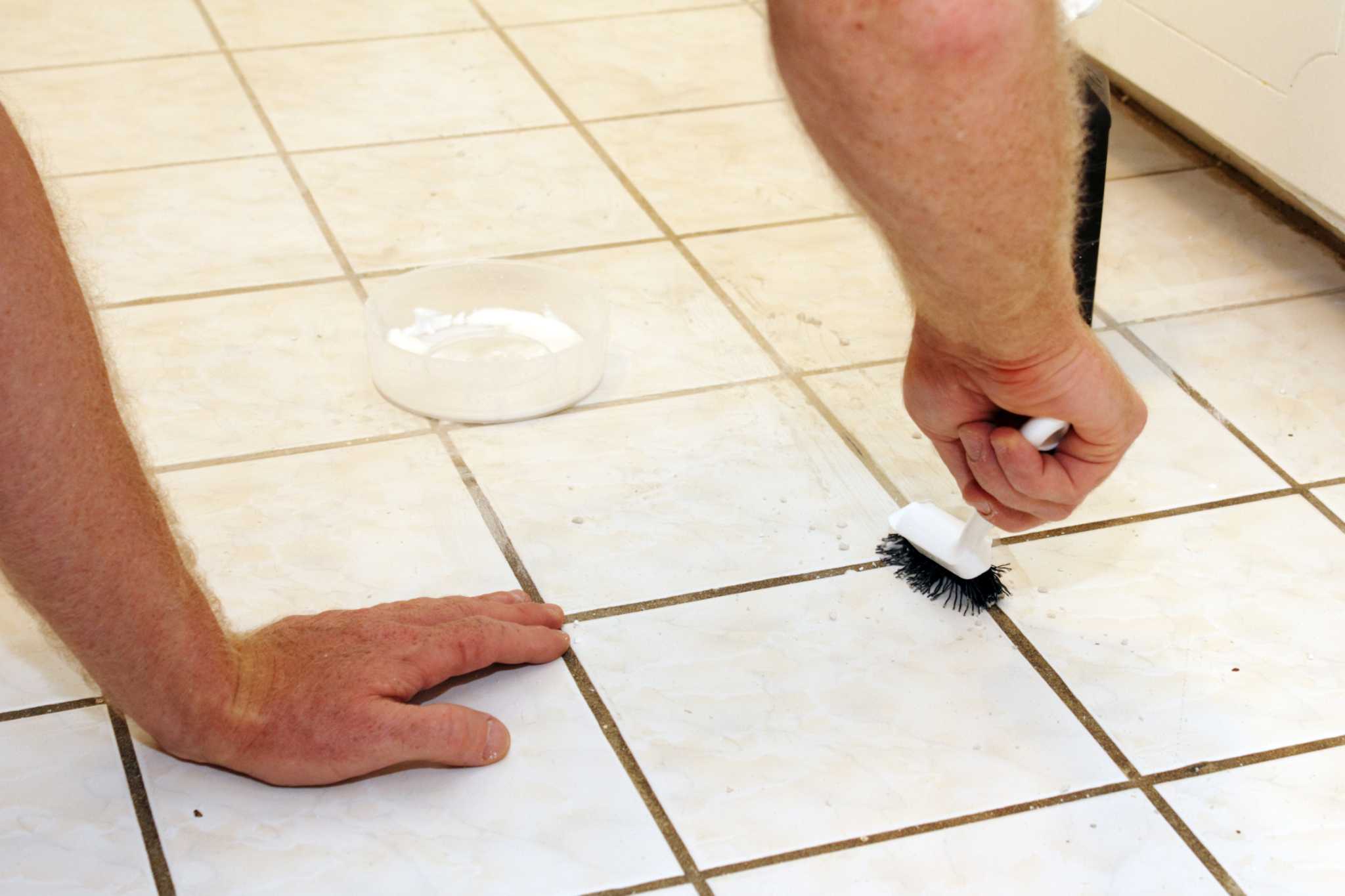
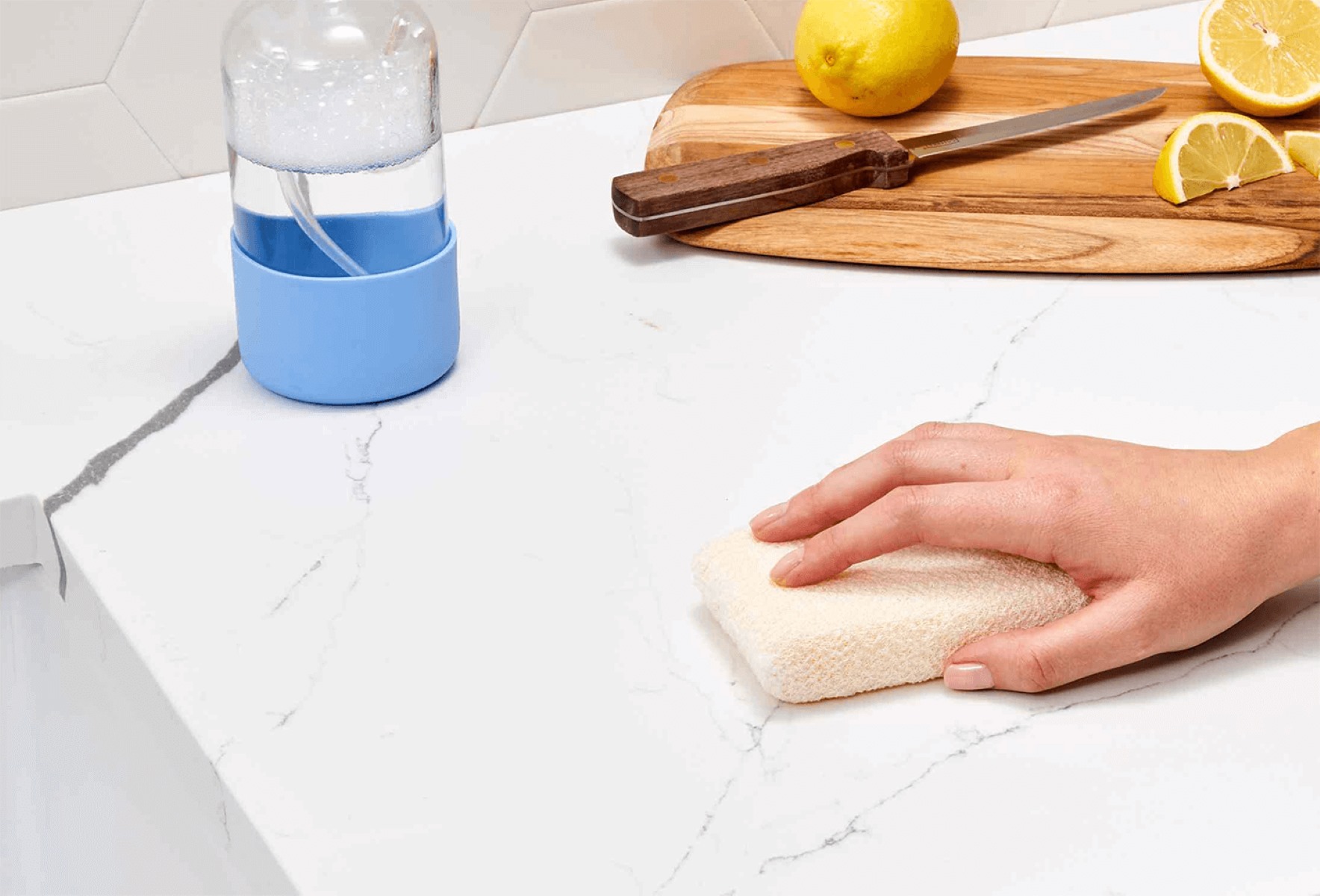
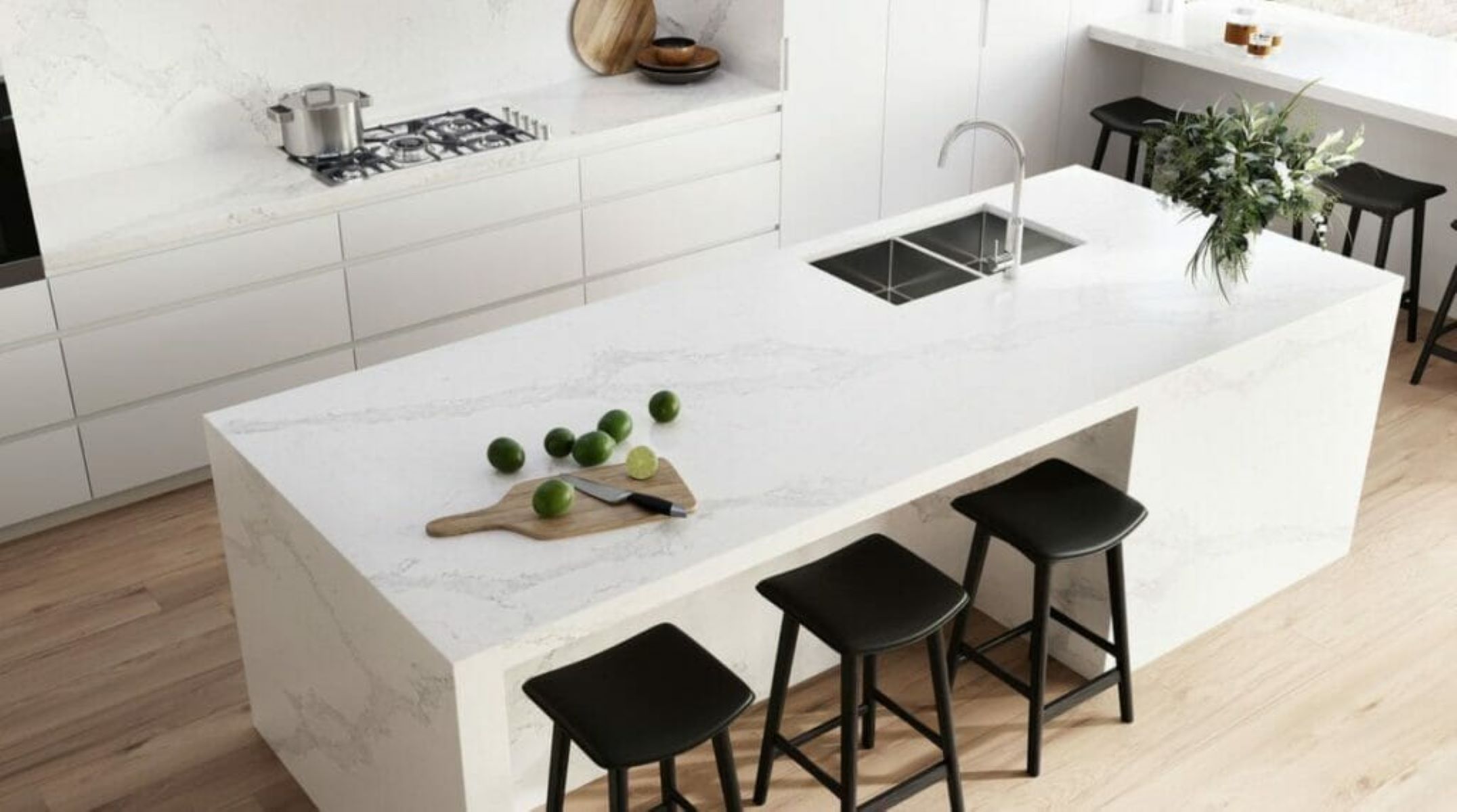
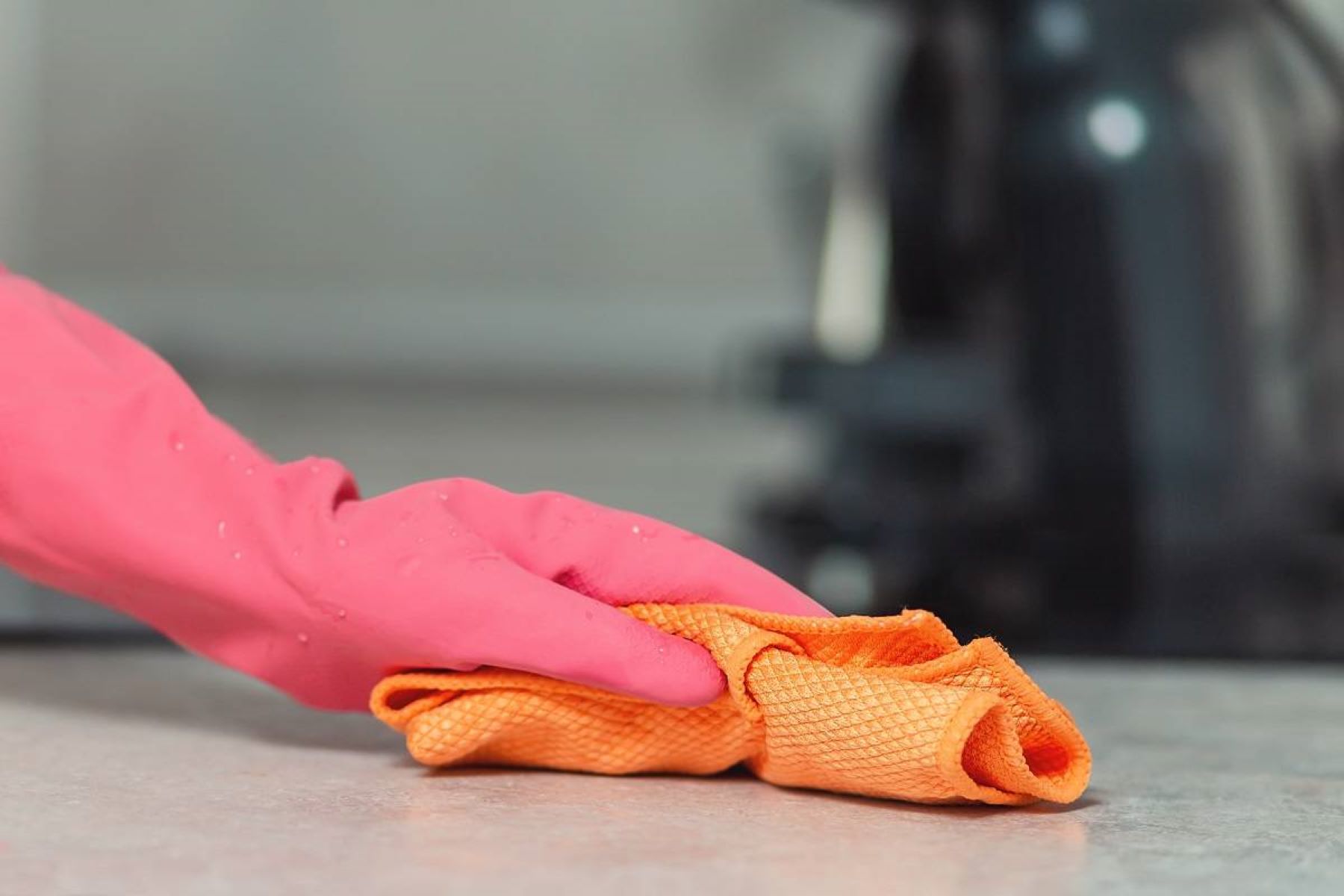

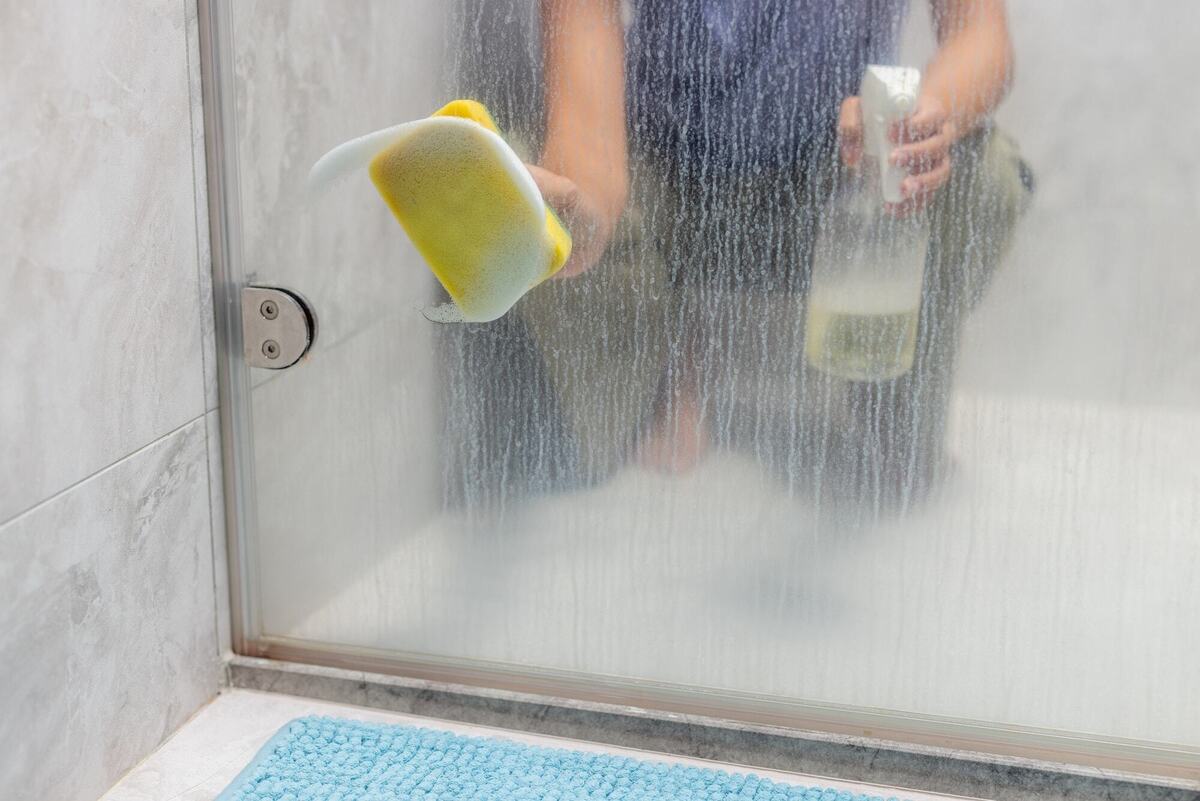
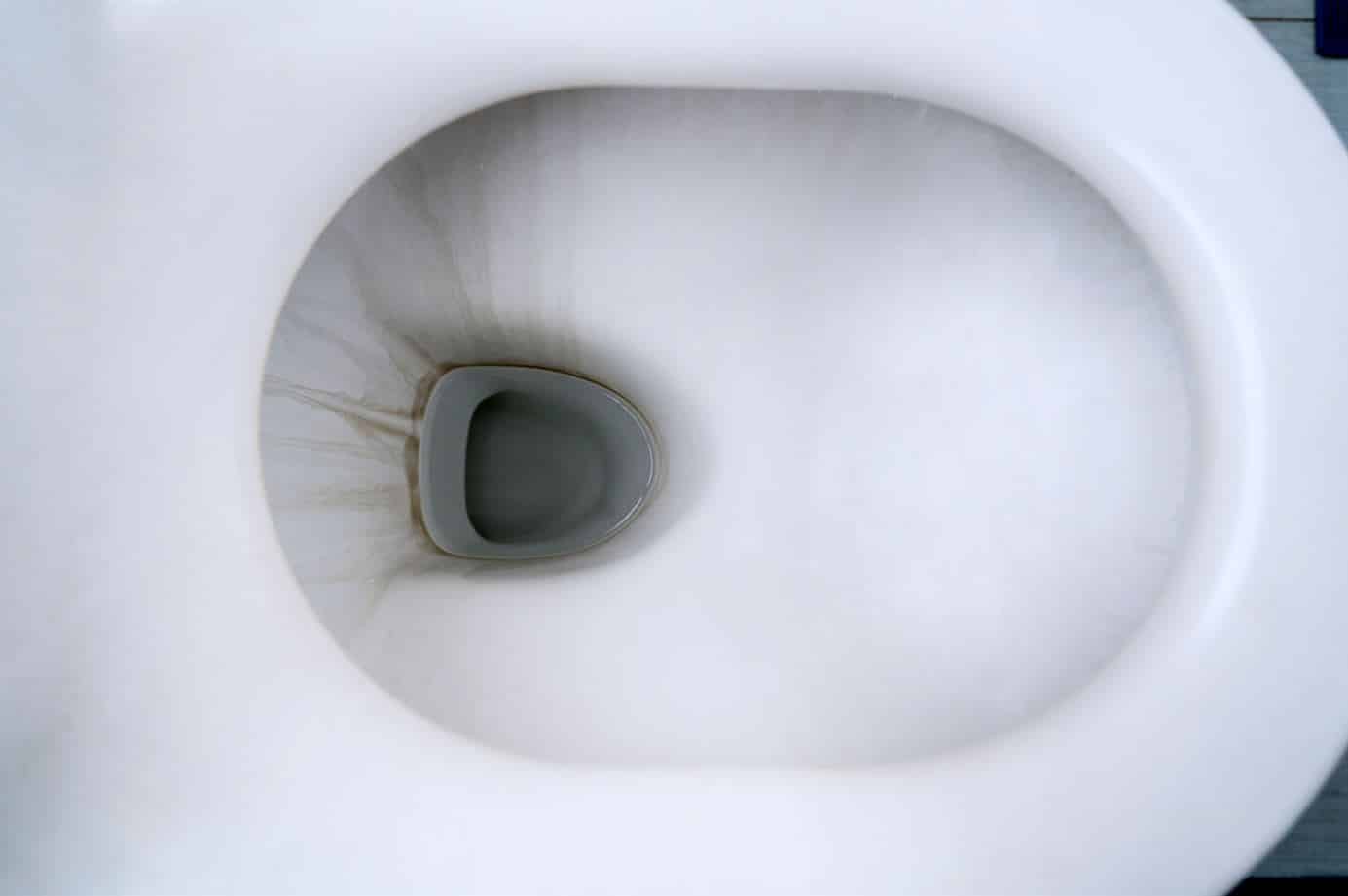
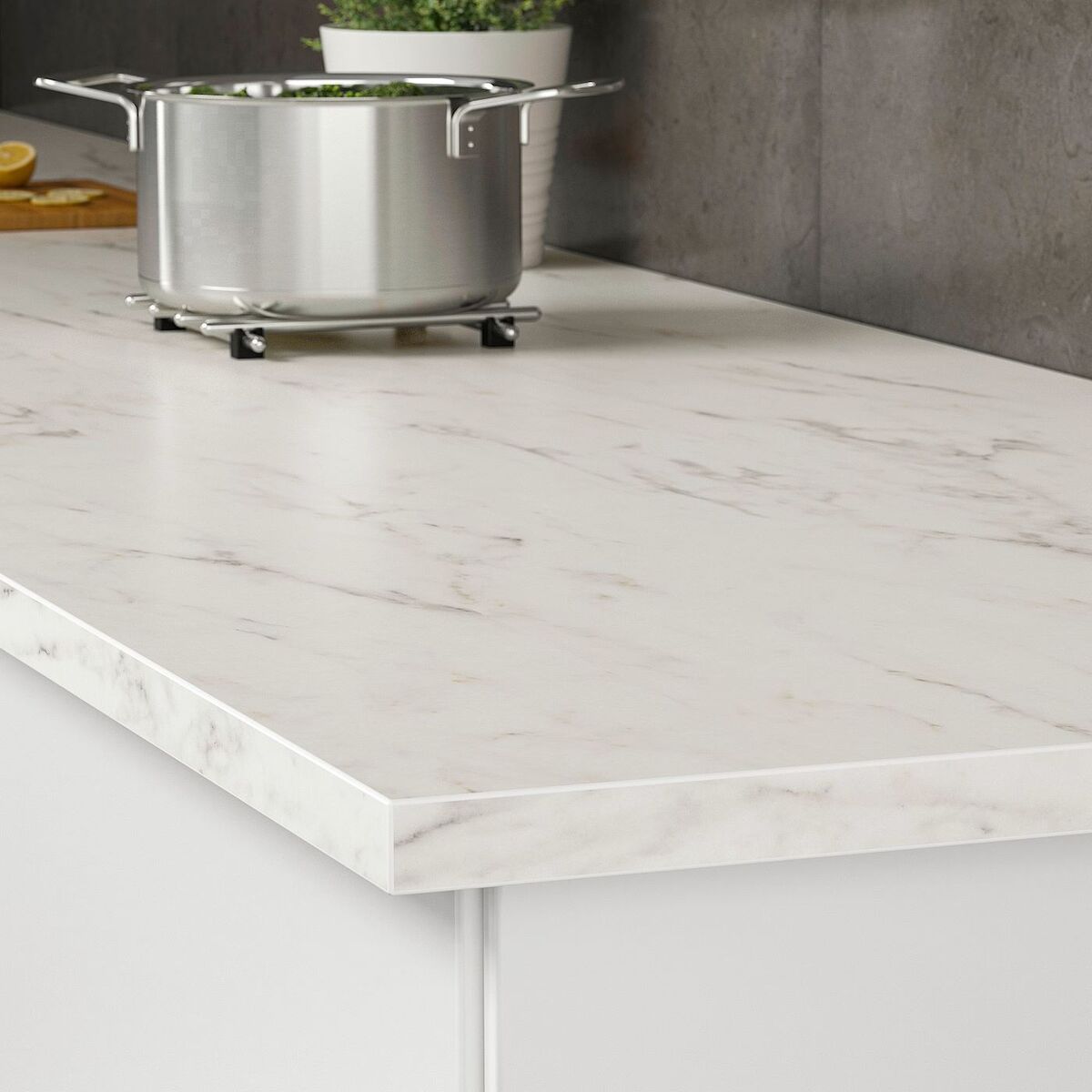
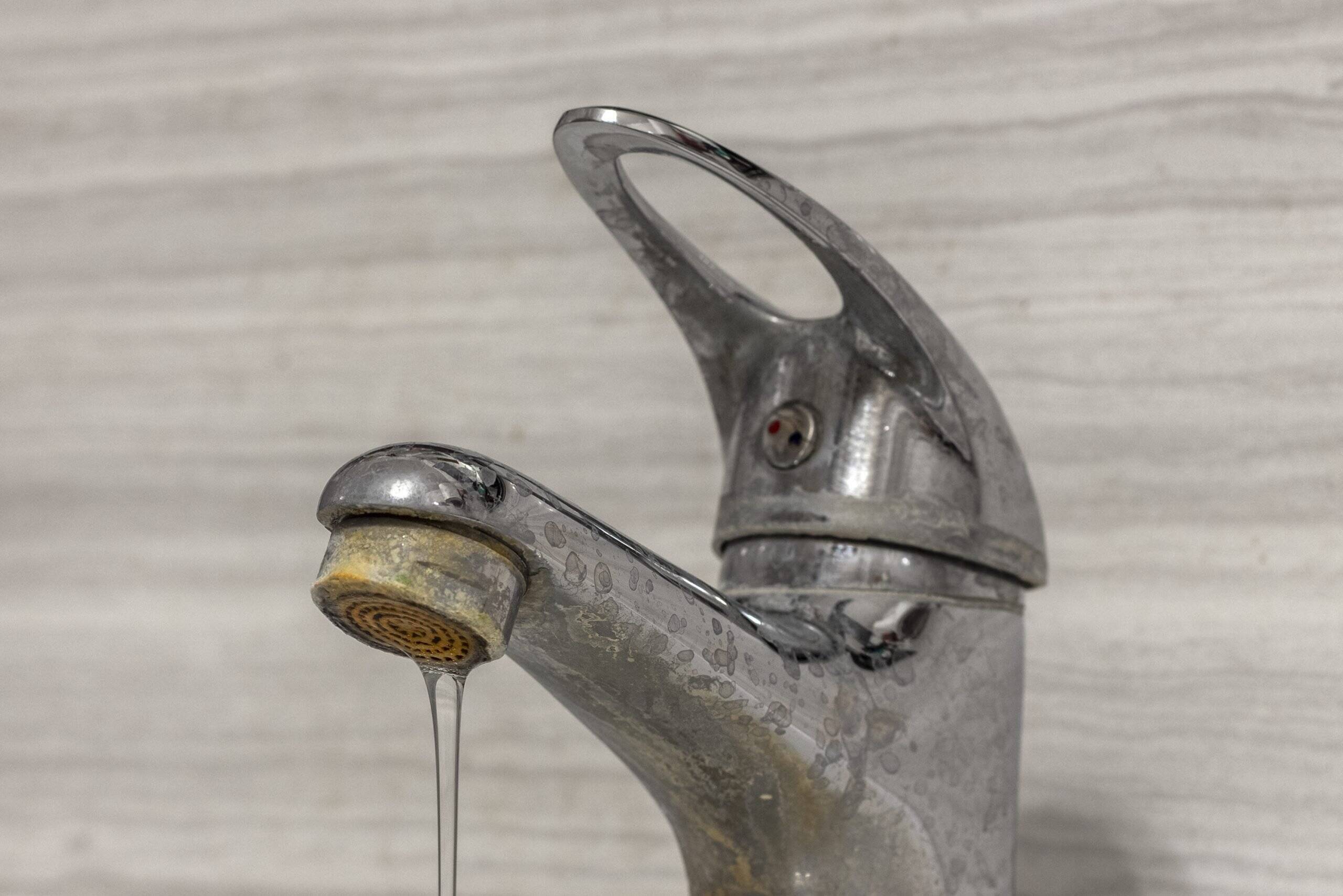
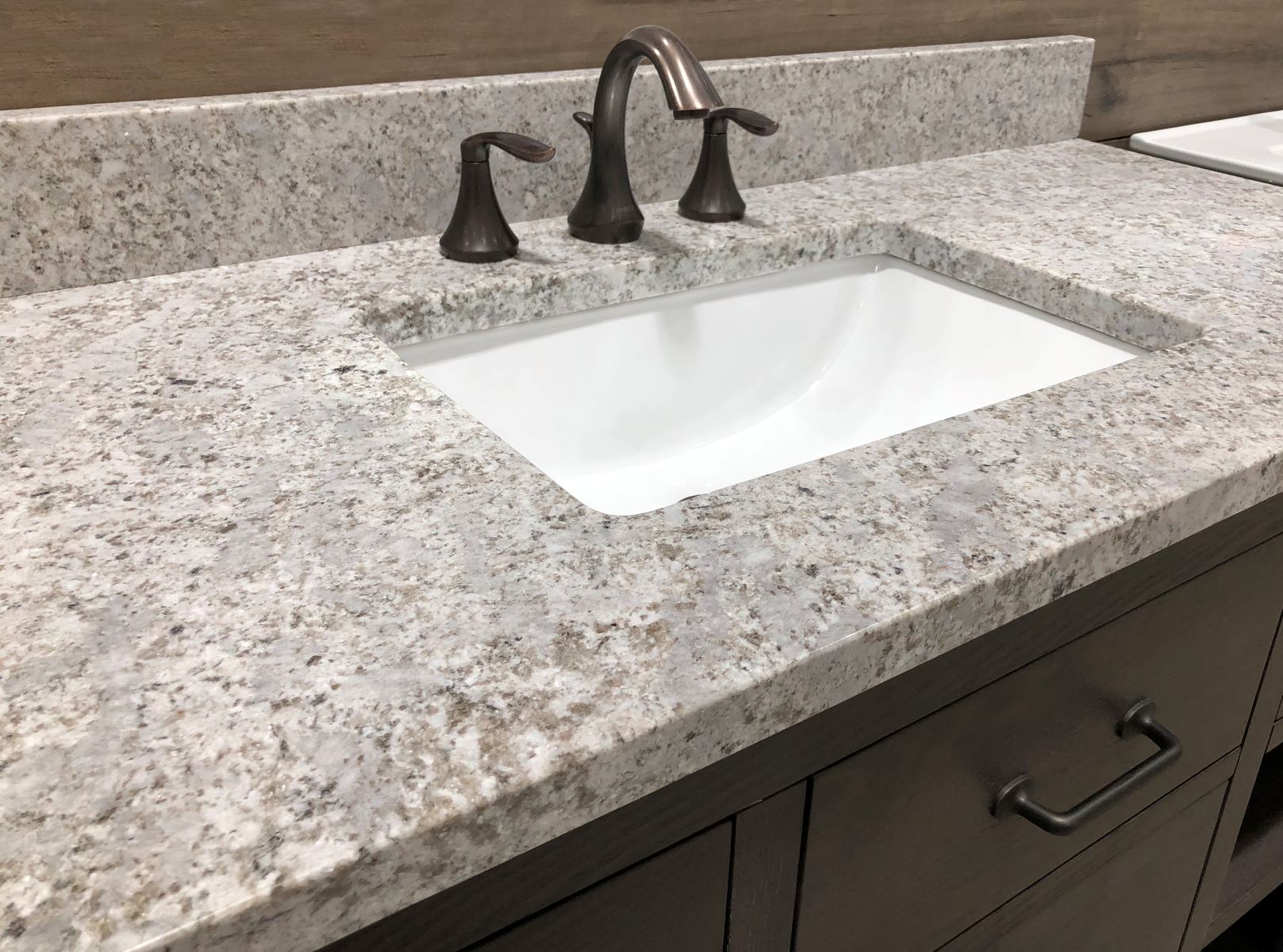
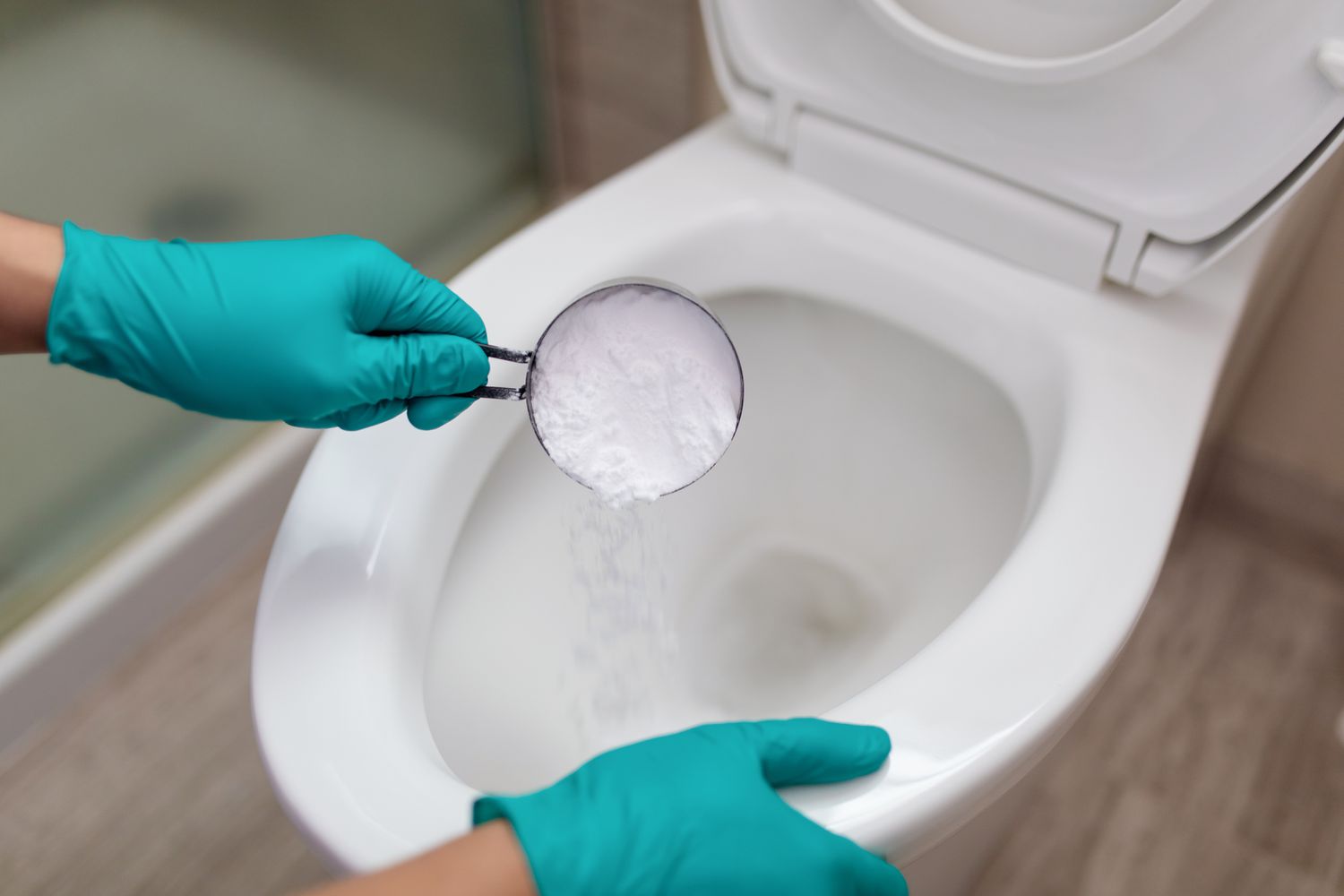
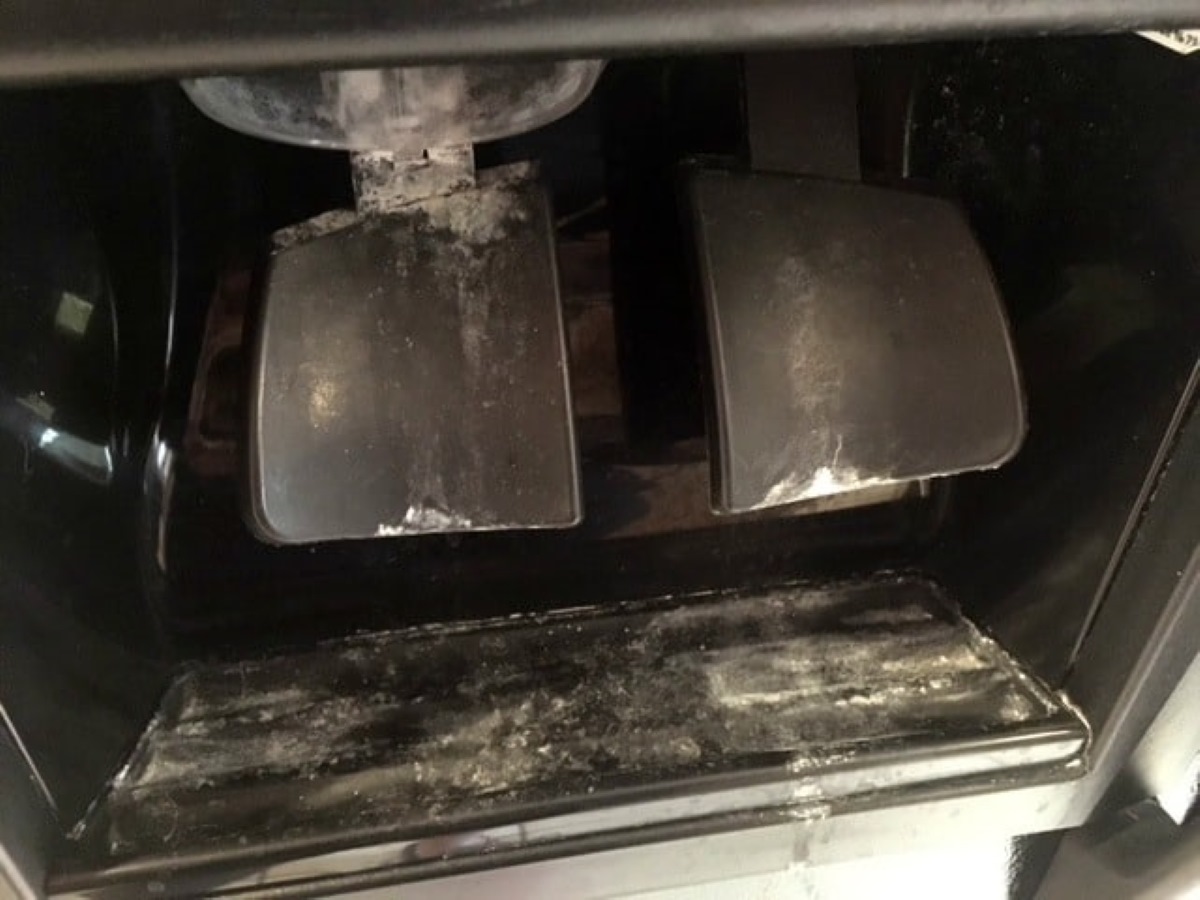


0 thoughts on “How To Remove Hard Water Stains From Quartz Countertops”